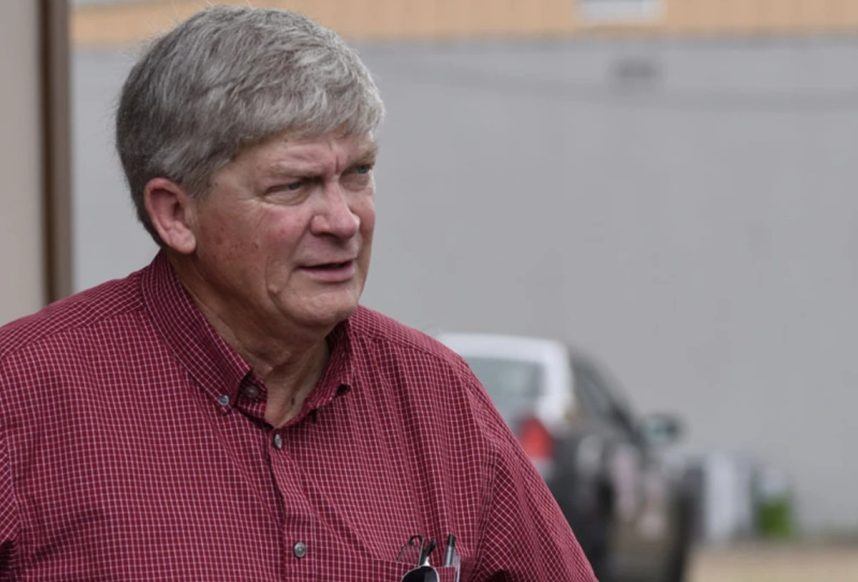
Alabama Gaming Expansion Prospects Rise After Tribal Purchase of Birmingham Track
The odds of Alabama expanding legal gambling have improved following the Poarch Band of Creek Indians' agreement to purchase Birmingham Racecourse. This development could help break the legislative deadlock that has kept Alabama among the most restricted gaming states in America.
Currently, Alabama only permits charitable gaming, parimutuel wagering, and Class II tribal gaming. The state lacks a lottery, commercial casinos, sports betting, and Class III tribal casinos with Las Vegas-style gaming options.

State Senator Greg Albritton in red
A 2024 gaming package, which narrowly failed in the state Senate, proposed allowing voters to decide on authorizing a state lottery and slot machines at racing venues. The measure would have also permitted the Poarch Indians to upgrade their three Class II casinos to Class III facilities.
State Sen. Greg Albritton (R-Atmore), despite supporting gaming expansion, voted against the bill because it didn't allow the tribe to pursue a fourth casino in northern Alabama. The tribe's acquisition of Birmingham Racecourse, set to complete in early 2025, could resolve this issue by giving them a presence in northern Alabama's key market.
The facility, which stopped live racing in 2020, currently offers simulcast wagering and about 300 historical horse racing machines. Located in Alabama's second-largest city, this strategic acquisition could lead to tribal support for future gaming legislation.
Any gaming expansion requires three-fifths support in both legislative chambers to reach a public referendum, where only a simple majority is needed for passage. Governor Kay Ivey supports regulated gambling, arguing it would combat illegal operations and generate new tax revenue for the state.
New gaming legislation is expected to be introduced during the 2025 legislative session, with improved prospects for passage following this development.
